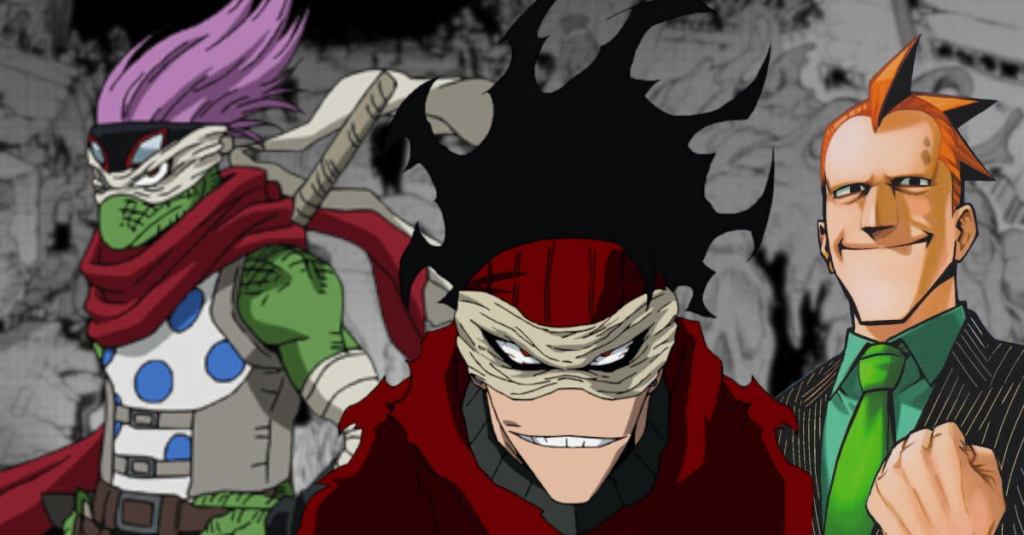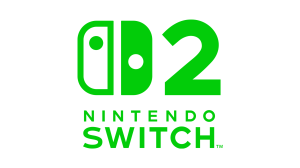My Hero Academia really needs to explore quirk discrimination on a deeper level. It’s always been bubbling in the background of the series, ever since the beginning. Hero protagonist Izuku Midoriya’s whole story arc started with him being a quirkless kid who dreamed of being a pro hero, in a world where quirkless people are shunned as tragic anomalies at best or broken freaks, at worst. However, the issue of quirk discrimination has become a lot more complex as My Hero Academia‘s story has unfolded – and it’s an issue that has now culminated in a major uprising!
Videos by ComicBook.com
(WARNING: My Hero Academia Manga SPOILERS Follow!)
In My Hero Academia Chapter 341, All For One and his League of Villains try to control the final battle with the heroes by sparking an uprising amongst the disenfranchised quirk users who have started rioting against society. Re-Destro and his Meta Liberation philosophy and All For One chooses Spinner to be the new icon for those who believed in Destro’s teachings – plus all those loyal to Hero Killer Stain’s rebellion against so-called “false heroes.” Spinner does as he’s asked, and draws out a small army of “Heteromorphs” – i.e., those whose quirks radically alter their physical appearance. That gang includes none other than the slime monster villain Deku first battled, before getting the One For All quirk!
Between Destro and the Meta Liberation Front history, Hero Killer Stain, and all the drama that Izuku and other quirkless characters like Class 1-A traitor Yuga Aoyama went through, My Hero Academia has made quirk discrimination THE major motivating factor for some of the series’ biggest twists, turns, and conflicts. While the classic comic book fantasy of My Hero Academia is fun, there is deeper, richer, X-Men-style story about discrimination and acceptance waiting there to tell. My Hero Academia‘s mythos is arguably even better than X-Men; the process of quirks first being hated, then accepted, then regulated and controlled, and quirk-less people becoming the new minority, is a circular turn that’s even harder to untangle.
But how could My Hero Academia get that deep into the issue of quirk discrimination?
There are so many reasons that fans believe My Hero Academia needs a prequel series (the dark period of war against All For One, Destro’s rise, All Might’s formative years – all potential focuses). At the same time, the issue of quirk discrimination is something that seems like it could be best explored in a spinoff series!

Keeping with X-Men as an example: while the mutants of the X-Men team are all pretty much “normal-looking” types, Marvel’s mutant community also had a darker, unseen, side: The Morlocks. Morlocks were mutants whose powers also left them physically deformed or radically transformed. That level of physical disfigurement left such mutants shunned by society – and even overlooked by the noble Charles Xavier and his school, Magneto and his Brotherhood, and everyone in between. The Morlocks ended up forming their own society in the sewers.
My Hero Academia could do well to take a similar approach: a side-series that follows a “hero” who is pushed to the fringes of society by his/her appearance but tries to do good anyway. How that would-be hero deals with the stigma and the constant pull to let the world’s hate corrupt him/her would be the kind of “heroism” a lot more people could arguably relate to. It’s not only a story that could help expand and deepen My Hero Academia‘s overall mythology – it’s the kind of “hero” story a lot of people in the world could use right about now.
My Hero Academia releases new manga chapters online. The next season of the anime is now in production.








